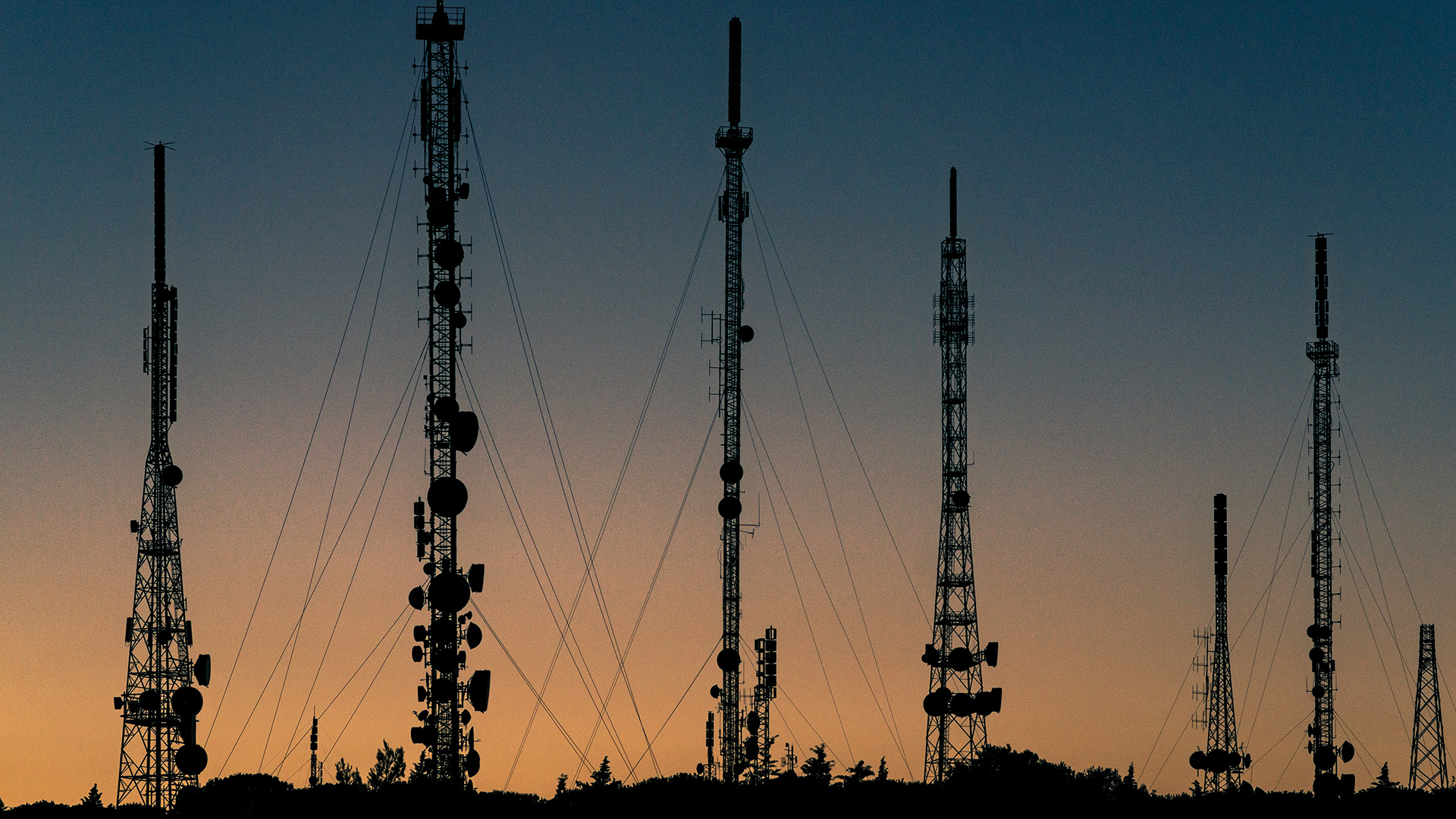- Telkom says that loadshedding pushed up its operation costs and harmed revenues in Q3 2022.
- The semi-private telecommunications firm reported an earnings decline of R2.5 billion BITDA in the quarter.
- Telecoms are especially wracked by the rotating power cuts as they have to fork out millions to run diesel generators at their tower infrastructure.
Update: Telkom informed shareholders on Tuesday that it will begin the restructuring of “certain operations.” This restructuring is set to impact 15 percent of its workforce, the telecom group said, affecting all business units and subsidiaries.
These job cuts follow a report that inflated costs due to loadshedding saw Telkom’s profits decline by 13.5 percent in Q3 2022.
Original article follows:
It is no secret that loadshedding wreaks havoc on small businesses, so much so that the Department of Small Business Development is working on relief packages for SMEs to deal with the relentless power cuts crippling their operations.
However large companies are not immune to its effects, especially if they’re in the tech sector. Case in point: today Reuters reported that Telkom is blaming its recent decline in profits on Eskom’s inability to maintain a stable electricity grid.
The semi-private telecommunications group shared that its core profits declined by 13.5 percent as loadshedding inflated operating costs and hurt its service revenues. It said its group earning before interest, tax, depreciation and amortization (EBITDA) declined to R2.5 billion in Q3 2022 ended 31st December.
Telkom’s operations were scoured by the ceaseless loadshedding in 2022, the year that saw the most hours of blackouts ever, and resulted in a year-on-year increase of more than R150 million in additional costs in Q3 2022.
Eskom’s power cuts are especially harmful to telecommunications firms, which have to spend extra on diesel generators and batteries to power their array of towers during outages. Larger firms like Telkom maintain thousands of towers, amounting to millions of Rand spent on diesel.
Last year MTN launched a crowd-sourcing programme in order to secure diesel generators and other infrastructure to aid with loadshedding operations. Extra security is another expense that telecoms need to pay for in order to secure infrastructure from copper cable thieves and the like.
Telkom CEO Serame Taukobong announced that Telkom has launched a series of cost-saving programmes in order to deal with rising costs related to loadshedding. These programmes are expected to materialise over the next six to 18 months.
President Cyril Ramaphosa instated a National State of Disaster on Thursday last week in order to summon more powers and resources to address the loadshedding crisis. As of time of writing South Africa is dealing with Stage 3 and Stage 4 power cuts.
[Image – Mario Caruso on Unsplash]

